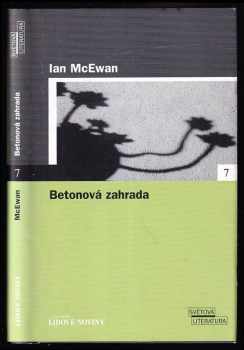
Haut de pageġIan McEwan’s 2005 novel Saturday opens with its protagonist, neurosurgeon Henry Perowne, drawn to his bedroom window in the middle of the night, only to find himself witness to a burning plane making a risky descent over London. Finally, we examine the potentially liberatory effects of the filmic dynamic play of perspective and temporality on McEwan’s writing and its visual qualities, and their connection to questions of focalization and omniscience in the novel. The paper also analyses the recurrent motifs of projection in the novel, as well as the analogies between visual perception and the display of images on a cinema screen, in the light of the novel’s discourse on modernism and the representation of the consciousness. We argue that such framing motifs create a tension between the unadulterated observation implied by the window’s transparency and the organizational effects of the frame, a tension that is key to film theory and one of its core works, Alfred Hitchcock’s Rear Window (1954). Despite the neurosurgeon’s attempts to remain a detached observer, however, the broader politics of the period and the tensions of urban life conspire to invade the private sphere of his “city square”. A watcher through windows, its protagonist Henry Perowne is a self-confessed spectator of other people’s lives.


This article examines Ian McEwan’s 2005 novel Saturday through the prism of cinema and spectatorship. Enfin, nous examinons les effets potentiellement libérateurs du jeu dynamique de la perspective et de la temporalité du film sur l’écriture de McEwan, et comment ces effets sont liés aux questions de focalisation et d’omniscience dans le roman. L’article analyse également les dispositfs récurrents de projection dans le roman, ainsi que les analogies entre la perception visuelle et l’affichage d’images sur un écran, à la lumière du discours du roman sur le modernisme et la représentation de la conscience. Les stratégies de cadrage créent une tension entre l’observation pure et simple impliquée par la transparence de la fenêtre et les effets organisationnels du cadre, une tension qui est essentielle à la théorie du cinéma et à l’une de ses œuvres fondatrices, Rear Window d’Alfred Hitchcock (1954). Cependant, malgré les tentatives du neurochirurgien pour rester un observateur détaché, les crises politiques de l’époque et les tensions de la vie urbaine envahissent sa vie privée. Souvent attiré à sa fenêtre pour observer la ville, le protagoniste Henry Perowne est un spectateur de la vie des autres.

Cet article examine le roman Saturday (2005) d’Ian McEwan à travers le prisme du cinéma et du rôle du spectateur.


 0 kommentar(er)
0 kommentar(er)
